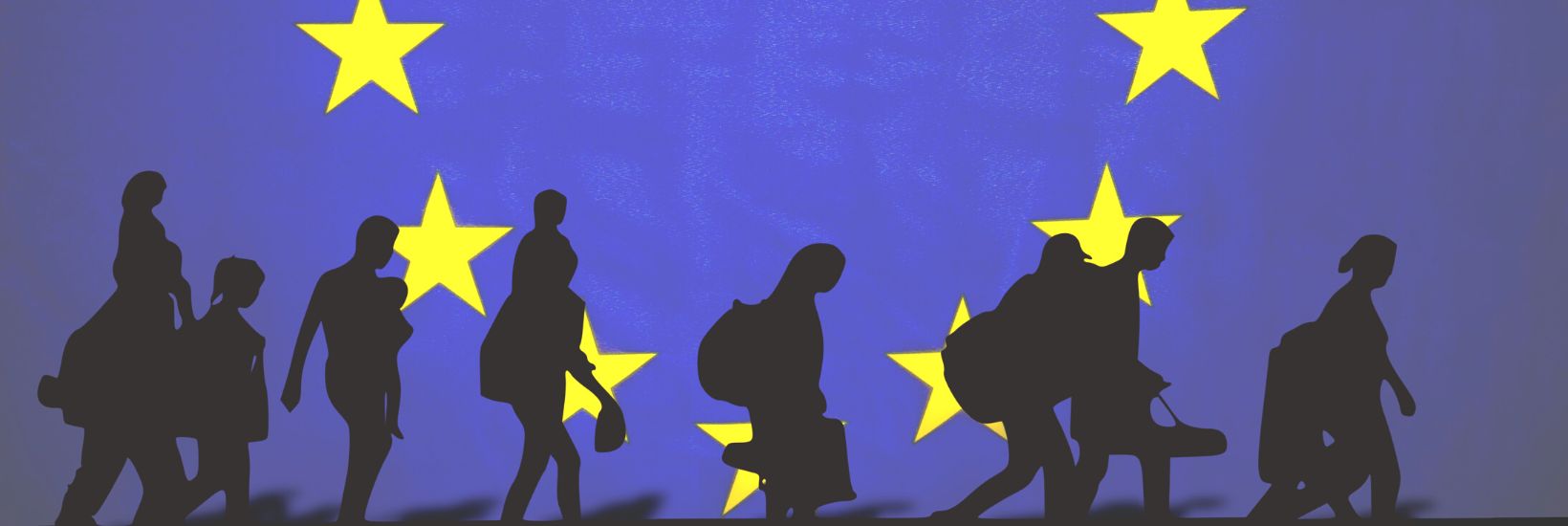In March 2022, ALDA organised an international event in Trieste, as part of the project EUScepticOBSERVE: analysing Euroscepticism, informing citizens and encouraging debates. Trieste was chosen as the location as it is particularly representative of the theme being analysed. Hence, the event itself was called “Euroscepticism at the gates of Europe”. This was an excellent opportunity to reflect on issues such as migration, migration flows and European laws. Moreover, all the thoughts and suggestions shared throughout the event and workshops have been re-elaborated into the EUScepticOBS Manifesto, as well as the ALDA’s one
The Manifesto has been created starting from some important questions that participants have been asked to answer individually and reflecting on their life experiences and knowledge.
- What can I do as a citizen to improve these issues?
- What should we ask local and European authorities?
- What can I do as part of a civil society organisation (NGO, university, association etc.)?
Read the EUScepticOBS Manifesto on the perception of migration and its policies
What emerges from the participants’ answers is that the level of migrants’ inclusion influences the country’s perception and European policies. Citizens are scared to lose their culture or national identity thus, they reject complete integration. Usually, they do have biassed thoughts concerning the migrant population. To move forward from these prejudices and negative approaches, citizens, civil society organisations and European authorities should respect different cultures and be aware of the sensitive and complex subject.
Overall, the Manifesto defined several proposals, among them:
- The EU needs to increase knowledge and education, about itself, its achievements and its role in our lives;
- Increase decisively its budget to make the Erasmus program accessible and expand it to high school citizens;
- Establish a common EU passport and ID card to enhance the ownership feeling of European belonging.
